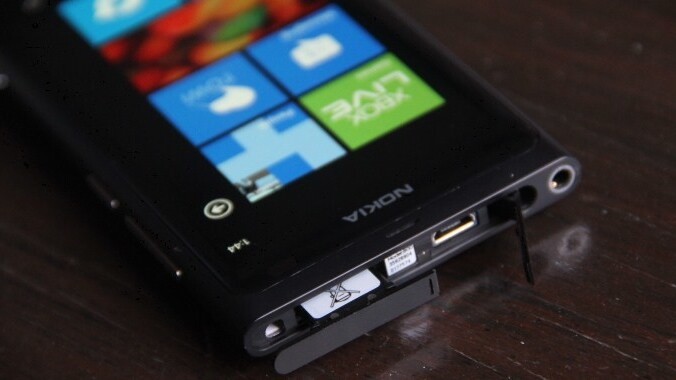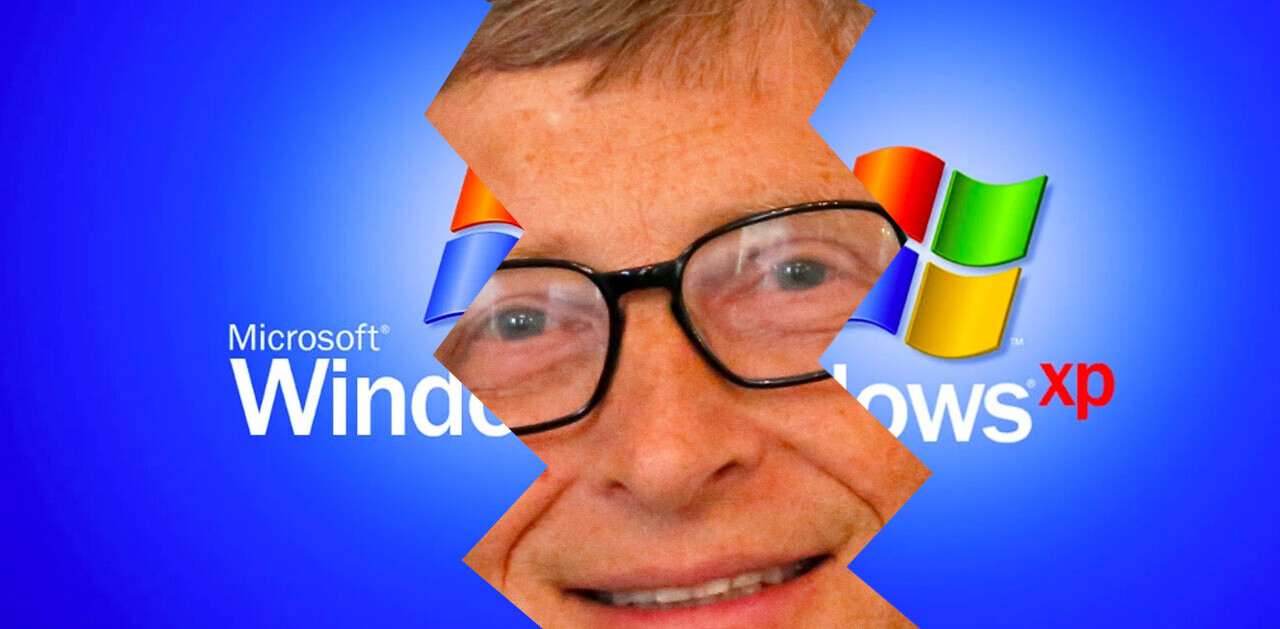
Great news: the Nokia Lumia 900 is coming to AT&T for the low, low price of $100. For a flagship device, that’s a killer price point. I expect it to sell briskly, boosting Nokia, Microsoft, and the Windows Phone franchise all at the same time.
Given that Windows Phone is about to receive a massive boost, one that could really change the discussion that surrounds the platform, you might think that biggest voices in the WP7 community would be quite content. Wrong. The two most important Microsoft pundits, Paul Thurrott and Mary-Jo Foley, have both written posts out that smack AT&T as stodgy, and generally a drag for the platform.
They are both right and wrong. Let’s let them have their say first. We begin with Paul:
On Monday, AT&T will announce the availability of the eagerly-awaited Nokia Lumia 900, a high-end yet inexpensive device that the company’s sales agents are allegedly drooling over internally. Selected as Microsoft’s premier carrier partner for Windows Phone, AT&T sells more of these handsets than any other company. And yet, as I promised Microsoft before its latest mobile platform launched, this carrier has done nothing but disappoint Windows Phone users again and again, delaying and sometimes refusing to ever release valuable software updates. If that’s how Microsoft’s “premier” partner behaves, how will this platform ever survive?
And now, Mary-Jo:
AT&T, which has evolved to become Microsoft’s premier U.S. phone-carrier partner for Windows Phone, is dragging its feet about providing users with the 8170 “disappearing keyboard” updatefrom Microsoft. Microsoft officials originally were on record saying that carriers could only block one update. More recently — and not too surprisingly — Microsoft execs acknowledged that carriers can decide to deliver as few updates as they want (though if and when they ever do provide them, those updates will be cumulative). This situation is making for some unhappy early Windows Phone adopters.
Essentially, they are pointing out that AT&T is a company that does not focus on its users, delays important updates, and is a general all-around pain in the ass. On these points I don’t see there being any room for dicsussion; fact is hard to debate. Just for fun, remember this gem from a while back, on AT&T?
When Om Malik of GigaOM said he was breaking up with his iPhone 5 months ago because of the failures of AT&T, I must admit, I thought he was overreacting. I was wrong.
Since I switched to AT&T from Verizon just over 2 years ago to get the iPhone (which, of course, AT&T has exclusively in the U.S.), there have been no shortage of shortcomings by AT&T. But as of late, I’ve been noticing things getting much, much worse. And I’m hardly the only one. And so it’s time to call out AT&T on those failures. And plead with Apple not to renew its exclusive contract with AT&T when it expires next year.
In my mind, the most recent AT&T failure is completely inexcusable. Its visual voicemail system — which is the only way to be notified of voicemails on the iPhone — has been down for many users for days, if not weeks. And AT&T apparently didn’t bother to tell anyone. What does this mean? Thousands, or hundreds of thousands or maybe even millions of missed connections, that could be vital for personal lives, business and a host of other things. I’m simply dumbfounded by the failure.
That last bit is important, showing how AT&T is a brilliantly bad company that we can’t really live without. They were a pain when they had an exclusive on the iPhone. That they are not being perfectly decent with Windows Phone is no surprise.
Here’s why this isn’t that big of a deal, despite that the fact that it makes us techies throw chairs: most people won’t notice that they didn’t get an update. Second point: the single most important thing for Windows Phone is not perfect carrier support of updates, but the sale of more handsets. That is what AT&T is about to do for Windows Phone. You have to give it credit for that.
Now, I suspect that in time, AT&T will have to sharpen up a touch, given the level of its general service, but for now, it’s fulfilling the role that Windows Phone needs the filled the most. Let’s move the handsets, and then sit the company down later.
Get the TNW newsletter
Get the most important tech news in your inbox each week.




